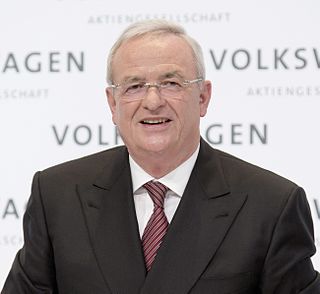A Quote by Elon Musk
The overarching goal of Tesla is to help reduce carbon emissions and that means low cost and high volume. We will also serve as an example to the auto industry, proving that the technology really works and customers want to buy electric vehicles.
Related Quotes
Tesla Motors was created to accelerate the advent of sustainable transport. If we clear a path to the creation of compelling electric vehicles, but then lay intellectual property landmines behind us to inhibit others, we are acting in a manner contrary to that goal. Tesla will not initiate patent lawsuits against anyone who, in good faith, wants to use our technology.
Setting an aggressive enough carbon-reduction goal will result in an appropriate price for carbon and will help many a renewable technology. Consumer education will help. Most importantly, though, will be the continually declining cost trajectory of the real breakthrough in clean-technology costs driven by research and innovation. In the end, private capital is the real barometer of change.
This is an important generation for the future of hybrid vehicles. With these models as well as the Ford Escape and the Honda Accord we're starting to see hybrid versions of mainstream vehicles. The auto makers are giving customers a direct choice: to opt for hybrid technology on a given model, or not. Will they pay the premium for the hybrid technology when everything else about the vehicle is the same?
Although population and consumption are societal issues, technology is the business of business. If economic activity must increase tenfold over what it is today to support a population nearly double its current size, then technology will have to reduce its impact twenty-fold merely to keep the planet at its current levels of environmental impact. For example, to stabilize the climate we may have to reduce real carbon emissions by as much as 80 percent, while simultaneously growing the world economy by an order of magnitude.
I think that once people understand the great risks that climate change poses, they will naturally want to choose products and services that cause little or no emissions of greenhouse gases, which means 'low-carbon consumption.' This will apply across the board, including electricity, heating, transport and food.


































